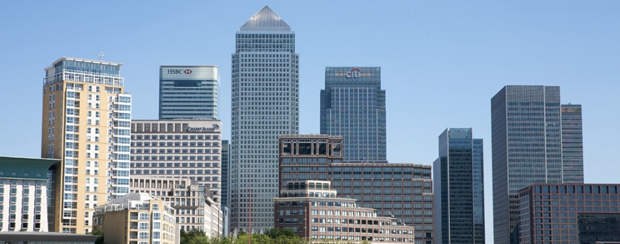This week’s announcement about the rigging of the foreign exchange markets marks one significant change: at last, the media and the Chancellor are using the word corruption to describe this behaviour.
Today we take tough action to clean up corruption.” – UK’s Chancellor of the Exchequer George Osborne
Since the financial crisis started in 2008, banks have been fined tens of billions of dollars for regulatory breaches; regulators have been found wanting and have been reformed; new rules have been put into place; politicians, the media and civil society have ranted. But the word corruption has seldom been used.
So why is it used this week? Most obviously, the behaviour of the forex traders fits naturally into most standard definitions of corruption, including Transparency International’s own “the abuse of entrusted power for private gain”. But perhaps there is something more. Among the public and the world at large, there has been a lingering feeling of unfinished business – that the banks have got away with it, that the really senior individuals who allowed the system to get out of control have escaped with their large pensions or been allowed to continue with the mildest slap on the wrist.
It may be that this latest scandal is the straw that breaks the camel’s back. Of course, banks themselves will be hoping for the opposite: that this series of settlements, however large, draws a line under the past and allows them to get on in a new and better-regulated world, with a different cast of characters at the top. It is certainly striking how many of the comments from the guilty banks and their trade bodies are following the “few rogue individuals” argument.
Does it make a difference to describe this as corruption? Yes, in three important ways:
- Corruption is very seldom the result of a few rogue individuals. It is enabled by a system that lacks transparency, oversight and accountability, which themselves often indicate institutional complicity that allows those higher up the food chain to reap the rewards while distancing themselves from the illegality. It is striking that in the survey of corporate transparency that Transparency International released earlier this month, the average score for financial services was a paltry 32%.
- Corruption is difficult for individual companies to tackle. In this case, it will require banks, regulators and very possibly civil society to have a sensible discussion about the real nature of the problem and how they can work collaboratively to improve the situation. It may have been forex and Libor yesterday, but tomorrow it will be something else – unless there is a fundamental change in integrity among financial institutions.
- The remedies for corruption are difficult, long-term and challenging to the business models of the status quo. The mindset of banks, regulators and politicians needs to be that a 10-year clean-up plan is necessary –with the commitment, resources and continuity to see it through.
So here are three suggestions as a starter:
- Admit the problem. Banks and their trade bodies have been in denial – settling each scandal individually, but without concluding that the system is corrupt, and that should govern the nature of the response.
- Show leadership. There have been some fine words from the new leaders in British banking – will one of them have the courage to admit that the problem is systemic corruption, and build the consensus for systemic change?
- Stop the contradictory lobbying. There is little trust in banks, and whatever remains can easily be undermined by their own lobbying, in which private messaging contradicts the public statements of contrition.
London should not need dirty money and dirty deals to thrive. It will be better served though a reputation as a financial market with probity and integrity. It is also in the interests of society and the economy that the city’s huge and influential institutions are forces for good and not complicit in systemic corruption. Yet this week we have had the Chancellor describe the behaviour within its leading institutions as corrupt. Is this just a change in rhetoric or recognition of a more profound problem than has hitherto been acknowledged?
This blog was originally published by Transparency International UK. To read the original, click here.
Image: Flickr, Peter Pearson
















 Connect with us on Facebook
Connect with us on Facebook Follow us on Twitter
Follow us on Twitter